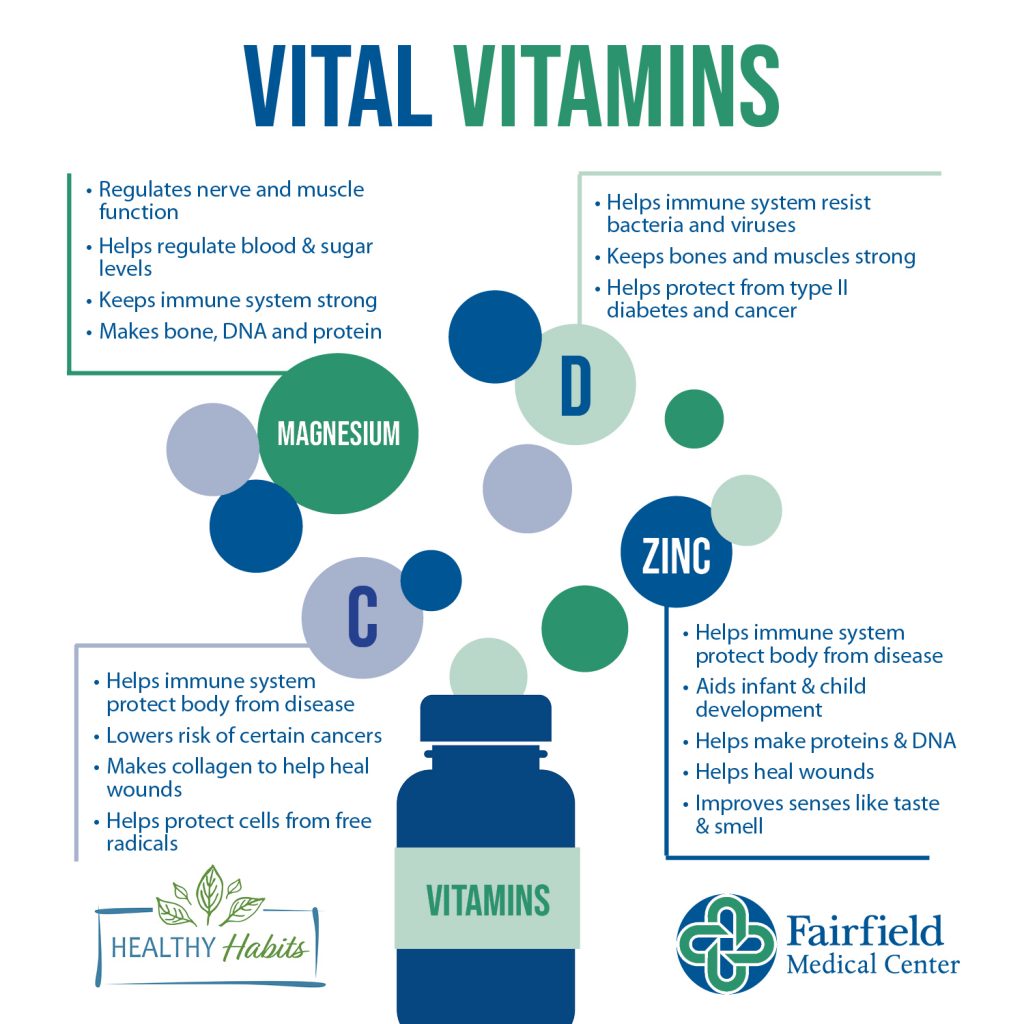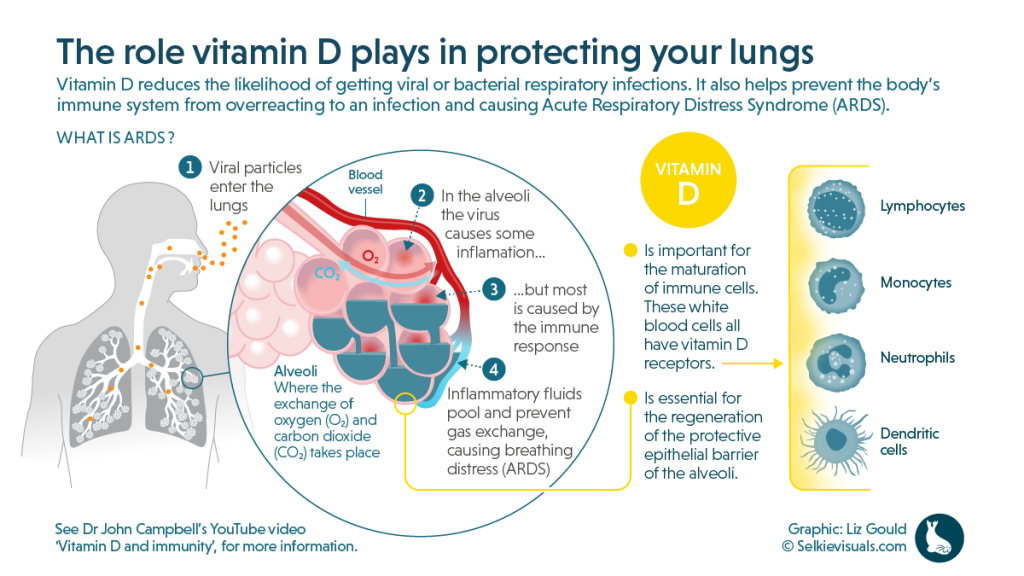Vitamin D & Immunity: Your Complete Guide To Staying Healthy
Are you doing everything you can to stay healthy, especially as the seasons change and the threat of colds and flu looms large? The secret weapon in your wellness arsenal might just be a simple vitamin: Vitamin D.
Vitamin D, often dubbed the "sunshine vitamin," is far more than just a bone-strengthening nutrient. Its impact on our overall health, particularly its profound role in supporting the immune system, is becoming increasingly clear. In a world where maintaining a robust immune response is paramount, understanding the significance of Vitamin D is no longer optional its essential. As we navigate through cold and flu seasons, and even face more significant health challenges, ensuring adequate Vitamin D levels can be a proactive step towards safeguarding our well-being.
| Category | Information |
|---|---|
| Full Name | Dr. Reinhold Vieth |
| Profession | Professor Emeritus, University of Toronto (Nutritional Sciences) |
| Career Highlights |
|
| Area of Expertise | Vitamin D, calcium metabolism, bone health, endocrine system |
| Professional Affiliations |
|
| Website/Reference | PubMed - Reinhold Vieth Vitamin D Publications |
The influence of Vitamin D on the immune system is multifaceted and far-reaching. While initially recognized for its critical role in bone and mineral homeostasis, its effects extend well beyond bone health. The discovery of Vitamin D receptor (VDR) expression in almost all immune system cells, coupled with the presence of metabolizing hormones within these cells, underscores its pivotal role in regulating both the innate and adaptive immune responses. In essence, Vitamin D acts as a key modulator, influencing the behavior and function of various immune cells.
- Frank Gallaghers Death Exploring The Shameless Finale Legacy
- Meet Courtney Taylor Olsen Facts About The Olsen Familys Hidden Sister
The innate immune system, our body's first line of defense against pathogens, benefits significantly from Vitamin D. It enhances the ability of cells like macrophages and neutrophils to engulf and destroy invading microorganisms. Vitamin D also plays a role in the production of antimicrobial peptides, which directly attack and neutralize pathogens. This enhanced innate immune response is crucial for quickly containing infections before they can escalate.
The adaptive immune system, which provides long-term immunity through the development of antibodies and specialized immune cells, is also modulated by Vitamin D. However, in contrast to its stimulatory effects on the innate immune system, Vitamin D primarily exerts suppressive actions on adaptive immunity. This might seem counterintuitive, but it's essential for preventing excessive inflammation and autoimmune reactions. By suppressing certain aspects of the adaptive immune response, Vitamin D helps maintain a delicate balance, ensuring that the immune system responds appropriately to threats without causing harm to the body's own tissues.
Specifically, Vitamin D can suppress the proliferation and activation of T cells, key players in adaptive immunity. It can also promote the development of regulatory T cells, which help to dampen down immune responses and prevent autoimmunity. These suppressive actions are particularly important in conditions where the immune system is overactive, such as in autoimmune diseases like rheumatoid arthritis and multiple sclerosis.
- Whos Who The Ultimate Guide To The 911 Lone Star Cast
- Jimmy Butler Kaitlin Nowak Kids Relationship Drama More
Recent epidemiological evidence has further solidified the link between Vitamin D and immune function. Studies have shown a significant association between Vitamin D deficiency and an increased incidence, or aggravation, of infections, including respiratory infections like influenza and pneumonia. Individuals with low Vitamin D levels may be more susceptible to these infections and may experience more severe symptoms. Conversely, maintaining adequate Vitamin D levels has been linked to a reduced risk of infection and improved immune responses.
Given the crucial role of Vitamin D in immune function, ensuring adequate intake is paramount. However, determining the optimal Vitamin D intake can be complex. Many countries and professional societies have somewhat different guidelines, reflecting an incomplete understanding of the biology and clinical implications of Vitamin D, as well as different purposes for the guidelines (e.g., public health versus clinical practice). Factors such as age, skin pigmentation, sun exposure, and underlying health conditions can all influence an individual's Vitamin D needs.
One of the primary sources of Vitamin D is sunlight. When our skin is exposed to sunlight, it synthesizes Vitamin D. However, many factors can limit sun exposure, including geographical location, time of year, cloud cover, and the use of sunscreen. As a result, many people, particularly those living in northern latitudes or with darker skin pigmentation, may not be able to obtain sufficient Vitamin D from sunlight alone.
Dietary sources of Vitamin D are also limited. Fatty fish, such as salmon, tuna, and mackerel, are good sources, as are eggs and fortified milk. However, even with a healthy diet, it can be challenging to obtain enough Vitamin D to meet the body's needs. This is where supplementation can play a crucial role. You can also talk to your doctor about taking a Vitamin D supplement to ensure you're getting enough, especially during the winter months or if you have risk factors for Vitamin D deficiency.
In addition to Vitamin D, other nutrients also play a vital role in fortifying the immune system. Vitamin C, zinc, and selenium are just a few examples of the powerhouse nutrients that work behind the scenes to support immune function. These nutrients contribute to various aspects of immune cell function, from antibody production to the regulation of inflammation.
Supplements often pair quercetin with vitamin C or bromelain, which help improve absorption and potency. By reducing oxidative stress and providing immune system support, liposomal vitamin C may play a role in maintaining optimal heart and brain health. Moreover, liposomal vitamin C may potentially play a role in cancer prevention.
However, it's essential to exercise caution when taking dietary supplements. Manufacturers may add vitamins, minerals, and other supplement ingredients to foods you eat, especially breakfast cereals and beverages. As a result, you may get more of these ingredients than you think, and more might not always be better. Taking more than you need costs more and might also raise your risk of side effects. For example, too much vitamin A can cause headaches and liver damage, reduce bone strength, and cause birth defects. Excess iron causes nausea and vomiting and may damage the liver and other organs. It's always best to consult with a healthcare professional before starting any new supplement regimen. Be cautious about taking dietary supplements if you are pregnant, breastfeeding, have a medical condition, or are taking medications.
Beyond Vitamin D and other vitamins and minerals, maintaining a healthy lifestyle is crucial for supporting the immune system. This includes getting enough sleep, managing stress, eating a balanced diet, and engaging in regular physical activity. These lifestyle factors can have a profound impact on immune function and overall health.
Furthermore, the role of titer tests and immunizations in bolstering immunity should not be overlooked. Titer tests serve a critical role in deciphering our immunity status, particularly in relation to vaccinations. These tests measure the levels of antibodies in the blood, providing valuable insights into whether we are protected against specific diseases. By assessing antibody levels, titer tests help determine if a booster shot is needed to maintain adequate immunity. Immunizations, on the other hand, are a cornerstone of preventive healthcare, stimulating the immune system to produce antibodies and protect against infectious diseases. Staying up-to-date with recommended vaccinations is essential for maintaining robust immunity and preventing outbreaks of preventable diseases.
In conclusion, Vitamin D plays a vital role in supporting the immune system, alongside other nutrients and healthy lifestyle practices. By understanding the importance of Vitamin D and taking steps to ensure adequate intake, we can strengthen our immune defenses and reduce our risk of illness. Remember to consult with a healthcare professional to determine the best course of action for your individual needs.
It's also important to note that Vitamin D is not the only factor influencing immune function. The immune system is a complex network of cells and processes, and many factors can affect its performance. Factors such as genetics, age, and underlying health conditions can all play a role.
Moreover, ongoing research continues to shed light on the intricate relationship between Vitamin D and the immune system. Scientists are exploring the potential of Vitamin D in preventing and treating a wide range of diseases, from autoimmune disorders to cancer. While more research is needed, the current evidence suggests that Vitamin D holds significant promise for improving human health.
CD8+ T cells, for instance, are end effectors of cancer immunity, and most forms of effective cancer immunotherapy involve CD8+ T cell effector function. While the primary focus here is on Vitamin D, it is important to acknowledge the broader context of immune responses, including the roles of other immune cells and therapies.
Heres what you need to know: taking a proactive approach to your health by focusing on nutrition, lifestyle, and appropriate supplementation can significantly enhance your immune function and overall well-being.
This sunshine vitamin may play a role in fertility and pregnancy health. Fatty fish, eggs, and fortified milk are good sources. B vitamins and folic acid are also essential; Use these links to find out what these nutrients do, how much of them you need, how to ensure you get enough, and what the risks are if you take too much.
Delve into the intricacies of comparative analysis to uncover the harmony between organic elements. Dive deep into the synergy between various compounds, revealing their synchronicity for optimal functionality. Explore the intricate dance of ingredients, revealing their mutual compatibility and effectiveness. Starch, gum, and an extraordinarily high content of phenols show that alcea rosea is an important medicinal plant. Thirdly, this plant has been used in ancient times to cure all kinds of ailments.
We would like to show you a description here but the site wont allow us.
google 100 .
Everything you need to know to build a smart home that works for you.
- Adriana Limas Kids A Glimpse Into Her Family Life Updated
- Jimmy Butler Kaitlin Nowak Kids Relationship Drama More

The Respiratory Support You Need Unveiling Vitamin Ds Role Order

Healthy Habits Immune Boosting Vitamins Fairfield Medical Center

Vitamin D and Immunity, Lots of Evidence GrassrootsHealth